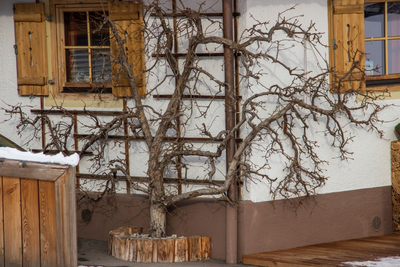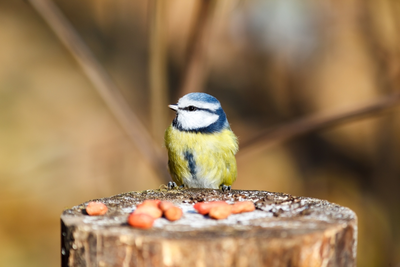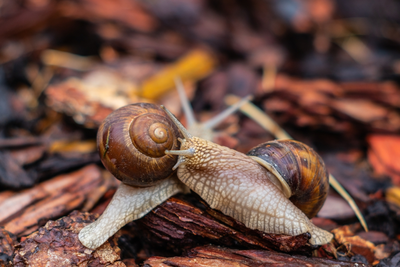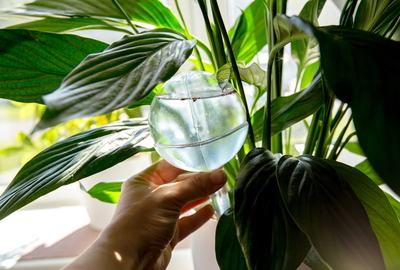
Start moving non-hardy plants under glass now long before they can be hit by frosts. You can keep half-hardy exotic lovelies going from year to year as long as you can keep them reasonably dry over winter: the long list includes fuchsias and geraniums, plus Mexican salvias, diascias and tender herbs like lemon verbena.
None survive hard frosts, but will come through a light chilling (down to about -2°C) as long as they are kept on the dry side right through winter. A greenhouse is ideal, but if you don’t have one, a sunny conservatory is a good second best. You can even use a bright windowsill – although on very frosty nights, bring your plants into the room as it can get extremely cold by a window once the heating goes off.
Dig up plants growing in the garden and pot them up in a 50:50 mix of multipurpose compost and grit for sharp drainage, making sure you use a pot only a little larger than the rootball so they aren’t sitting in soggy compost all winter. Plants already growing in pots can stay as they are: just move the plant, pot and all, indoors under cover.
Once they’re inside, cut back the top growth by a third to a half, always cutting to just above a pair of leaves. Remove any dead or damaged stems and leaves. Then water just once, and leave them out on the bench in the greenhouse. Inspect them regularly, pulling off any leaves which start to yellow as soon as you see them. Don’t water until they become really dry – sometimes this can be as little as once every two to three months. Then in spring, as soon as you see signs of life, increase watering and repot into fresh compost to bring them back into growth ready for another season.




